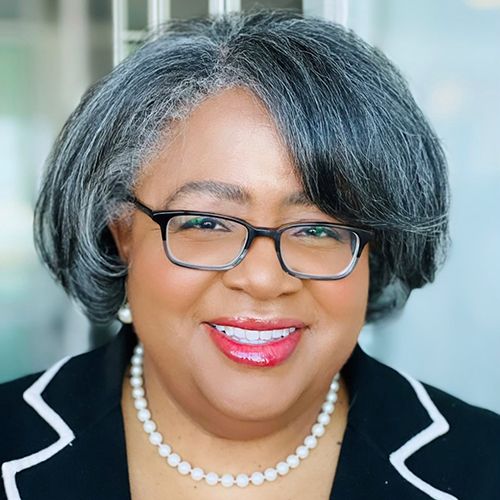On October 25, 2023, NPWF President Jocelyn Frye delivered the following opening statement before the U.S. Senate Finance Committee at a hearing entitled: “Exploring Paid Leave: Policy, Practice, and Impact on the Workforce.”
Chairman [Ron] Wyden, Ranking Member [Mike] Crapo, and members of the Committee: I am grateful for the chance to appear on behalf of the National Partnership for Women & Families.
We are a policymaking and legal advocacy group that strives to break down barriers which prevent women – and people of all genders – from reaching their full potential.
The National Partnership has a long history of working to advance paid leave – and we have a deep understanding of what works and what does not work in designing paid leave policies. We believe paid family and medical leave is a core labor standard that is necessary, long overdue, and essential to creating stronger workplaces and an economy of the future.
Even before the pandemic, our nation’s lack of comprehensive care supports undermined the full participation of women in our economy. It forced too many to choose between caring for their family and their financial security. The economic disruptions caused by the pandemic only exacerbated these problems.
The lack of paid leave has negative consequences for people of all backgrounds. But its effects are most pronounced for workers who face multiple barriers and biases.
Women workers, and especially women of color – who are more likely to provide care – are less likely to work in jobs that offer paid leave. They also must navigate assumptions that the care they perform is not worthy of support or investment… and that they will just make things work on their own.
Major disparities in paid leave access also exist for workers in the lowest income brackets, for workers of color, and for workers with disabilities – many of whom need medical leave to attend to ongoing health conditions and caregiving leave because they also care for family.
Due to a lack of paid leave, American households miss out on $22.5 billion in wages each year. Our economy loses $650 billion a year because we have fewer women in our workforce compared to other industrialized countries. This occurs at a time when families increasingly rely on mothers, especially mothers of color, as breadwinners.
Universal paid leave means higher workforce participation among women which means a higher GDP for the country at large. #PaidLeaveForAll @SenateFinance pic.twitter.com/nB3khzPjct
— National Partnership (@NPWF) October 25, 2023
There is ample evidence of paid leave’s benefits. Thirteen states, along with the District of Columbia, have already enacted it.
Research in communities where paid leave has been implemented shows significant gains in the health and financial stability of workers, while businesses report their workforces became more productive and experienced less turnover – saving employers the costs of hiring and training new staff.
These state-level successes offer vital lessons about some of the qualities needed in a national paid leave law:
An effective law must offer meaningful, sufficient benefits which are universal and guaranteed for as many workers as possible, in as many employment settings as possible – so no one is left behind. It must provide enough weeks of leave and enough income to actually meet the needs of workers and enable them to afford to take time off.
An effective law must be comprehensive enough to meet the full breadth of caregiving needs – not only for newborn children but also loved ones such as aging parents or ailing spouses; and it should guarantee paid medical leave for workers themselves when they face serious health conditions such as major surgery or cancer treatment.
Expanding care investments is not a secondary luxury.
It is an urgent issue confronting Americans in every corner of this country.
Take, for example, Tracy Wood, a speech pathologist raising six children in West Virginia. Tracy has a son with disabilities and also cares for a homebound grandparent. She used to work full time – but was forced to quit that job because it lacked paid leave. Her current contracting role doesn’t offer it either. So, every time she takes her son or grandparent to the hospital, she endures the added stress of knowing she’s bringing home less money to feed her family.
There are millions of Americans in the same position as Tracy Wood.
They worry each day about how they will care for both the physical and the financial health of their families. It is a worry which springs to mind when they awake – and it keeps them up at night as they lay in bed.
It is no wonder 80 percent of voters – from across the political spectrum – want Congress to pass paid leave.
The time to act is now.
I appreciate this opportunity to discuss how we can work together to make comprehensive, paid medical and family leave a reality for every worker.
Thank you.
You can also read my full written testimony submitted to the Senate Finance Committee and watch the full hearing, “Exploring Paid Leave: Policy, Practice, and Impact on the Workforce.”


